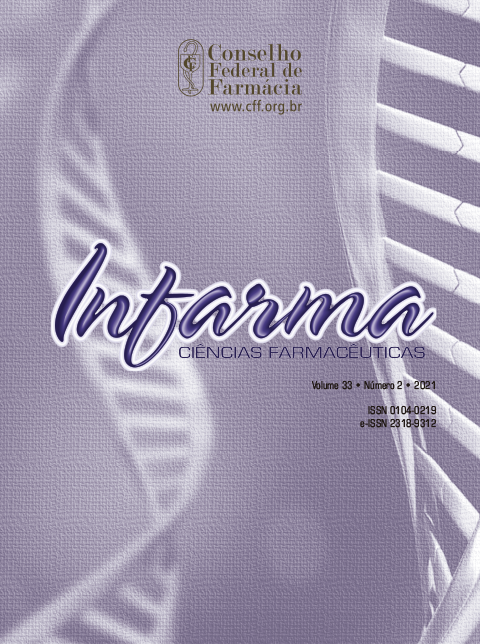GENETIC CHANGES AND THEIR IMPLICATIONS FOR RESISTANCE TO ANESTHESIA AND THE CHOICE OF ANESTHETIC TECHNIQUE: ANALYSIS OF CLINICAL ASPECTS
DOI:
https://doi.org/10.14450/2318-9312.v33.e2.a2021.pp131-137Keywords:
genetics, local anesthesia, sodium channels, monitoring, neuromuscular monitoring.Abstract
Choosing the type of anesthetic to be used in patients with genetic variations requires a detailed study of genetic changes and constant patient onitoring. Thus, it was aimed to analyze the implications that genetic changes represent in resistance to anesthetics and the choice of anesthetic techniques. A narrative review was conducted in May 2019 in the LILACS (Latin American and Caribbean Literature in Health Sciences), Medline, Scopus, Cochrane Library, and Web of Science databases. Twelve articles were selected with the following descriptors: genetics, local anesthesia; monitoring; sodium channels; neuromuscular monitoring. The literature on the genetics of resistance to anesthesia deals with genetic and clinical aspects of related diseases, demonstrating the evolution of knowledge of genetics and anesthesia, in addition to highlighting the techniques used in these cases. The evidence found described genetic and clinical information about the diseases, emphasizing the implications of late, early or unexpected effects related to anesthetic induction.
Downloads
Published
How to Cite
Issue
Section
License
Authors who publish in this journal agree to the following terms:
- Authors retain the copyright and grant the journal the right of first publication, with the work simultaneously licensed under the Licença Creative Commons Attribution which allows the sharing of work with acknowledgment of authorship and initial publication in this journal.
- Authors are authorized to take additional contracts separately, for non-exclusive distribution of the version of the work published in this journal (e.g. publish in institutional repository or as a book chapter), with acknowledgment of authorship and initial publication in this journal.
- Authors are allowed and encouraged to publish and distribute their work online (e.g. in institutional repositories or on their personal page) at any point before or during the editorial process, as this can generate productive changes as well as increase the impact and Citation of published work (See O Efeito do Acesso Livre ).


